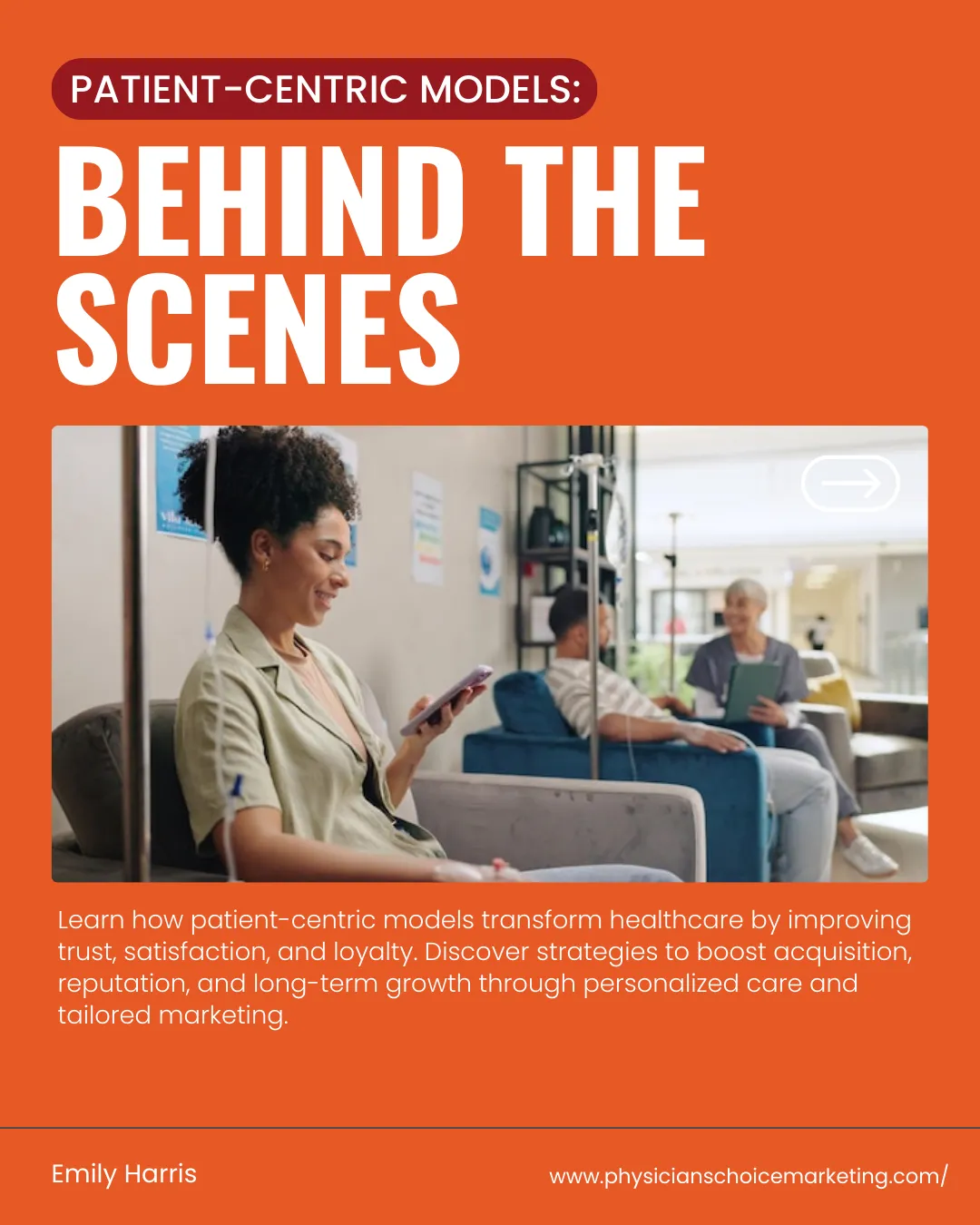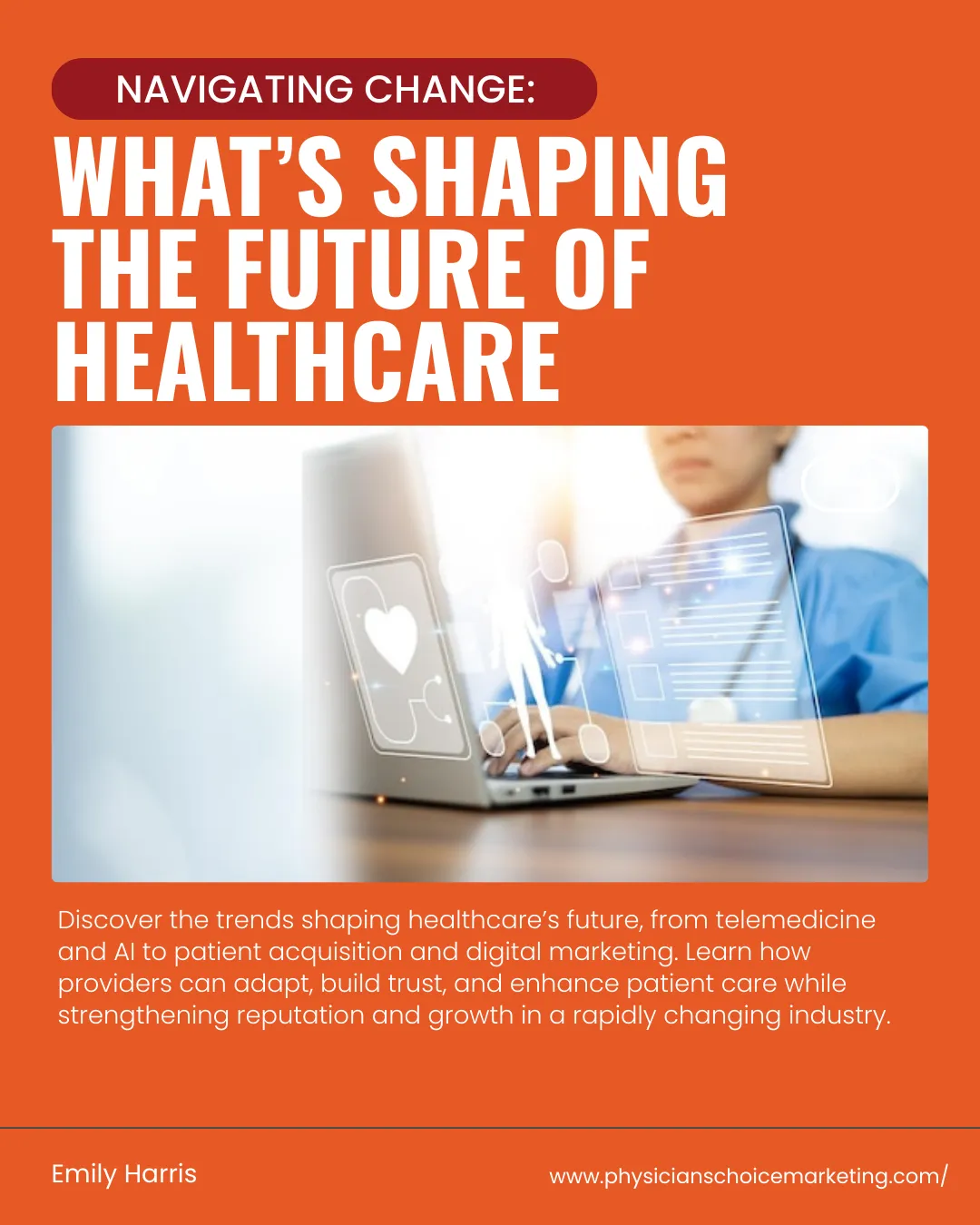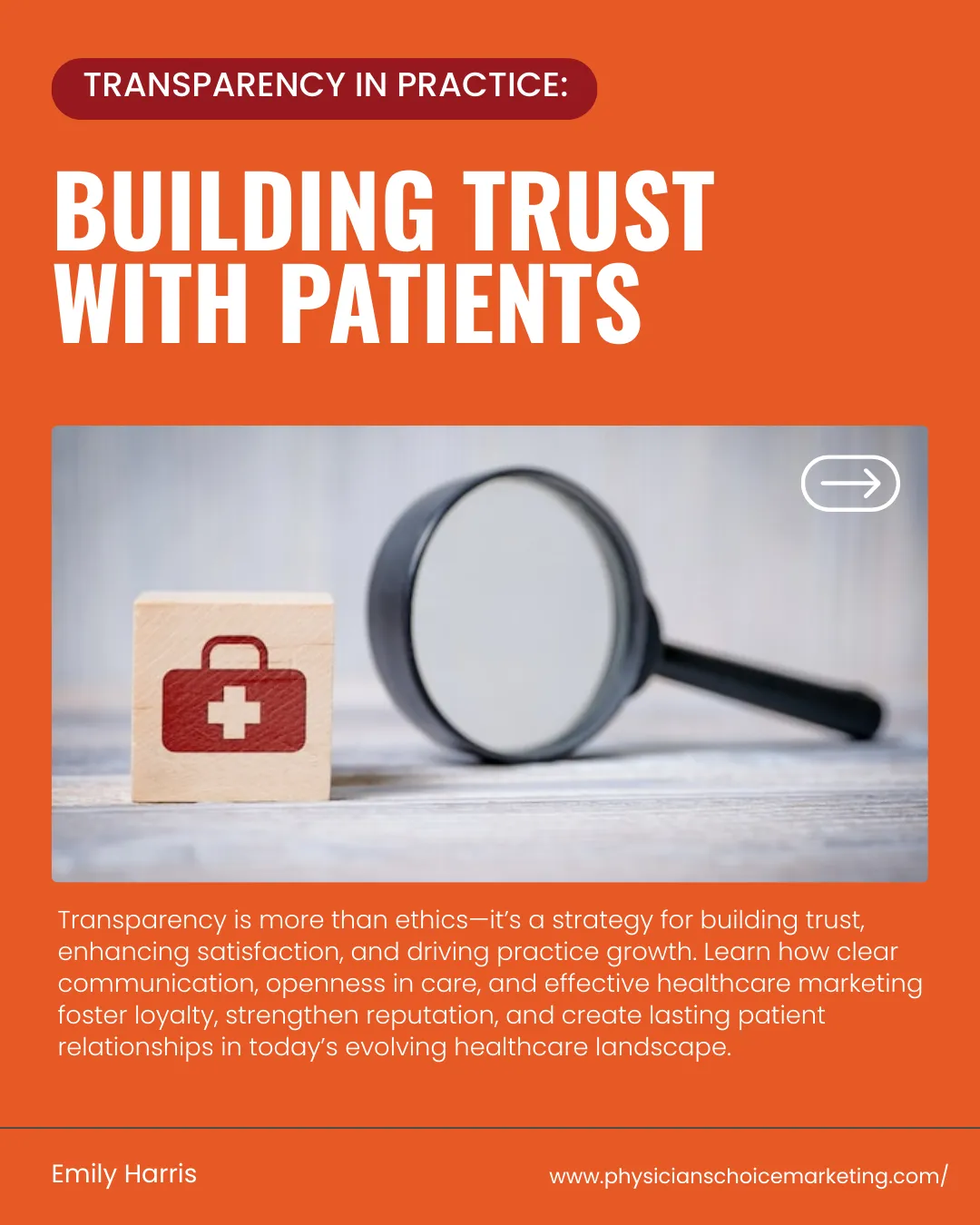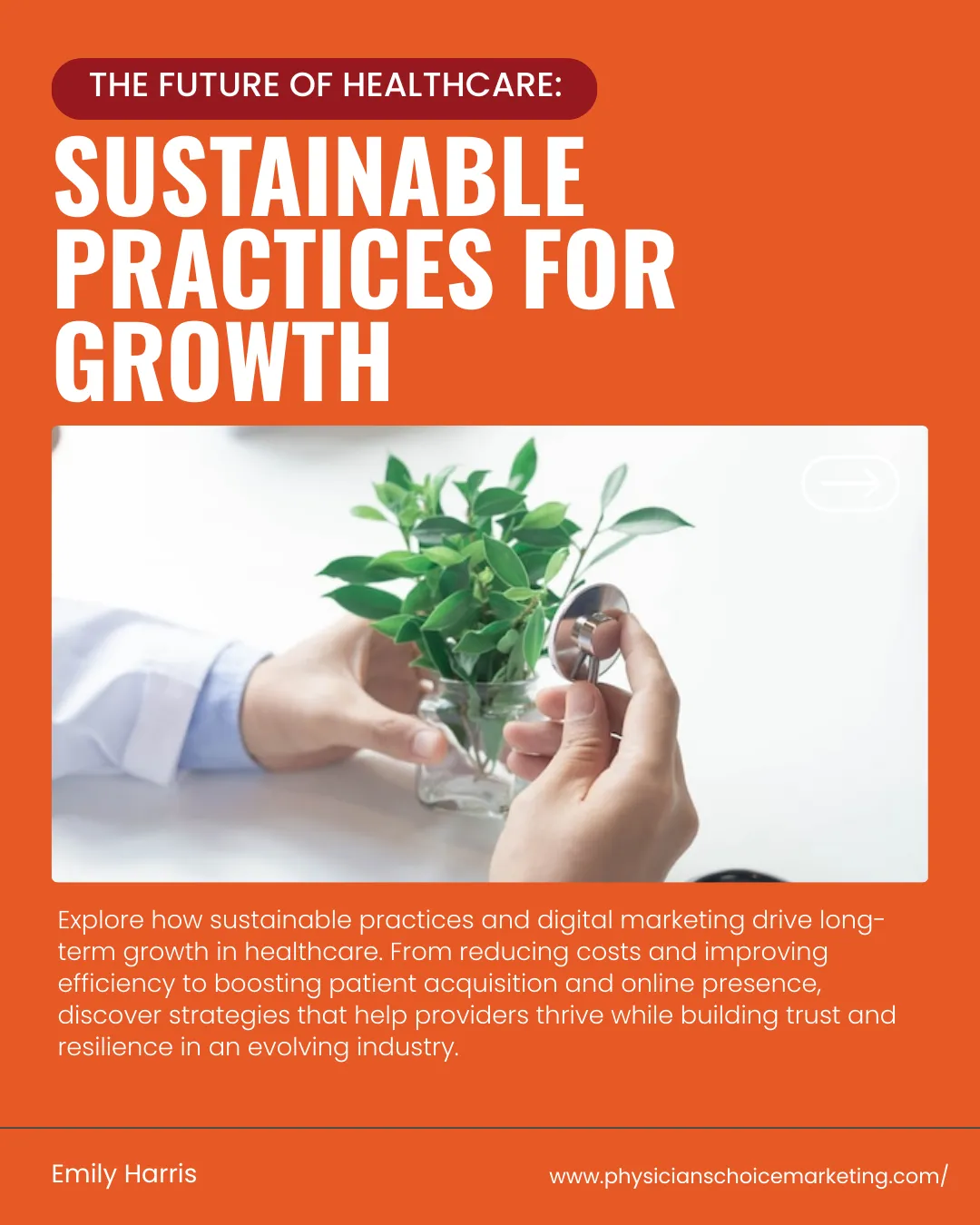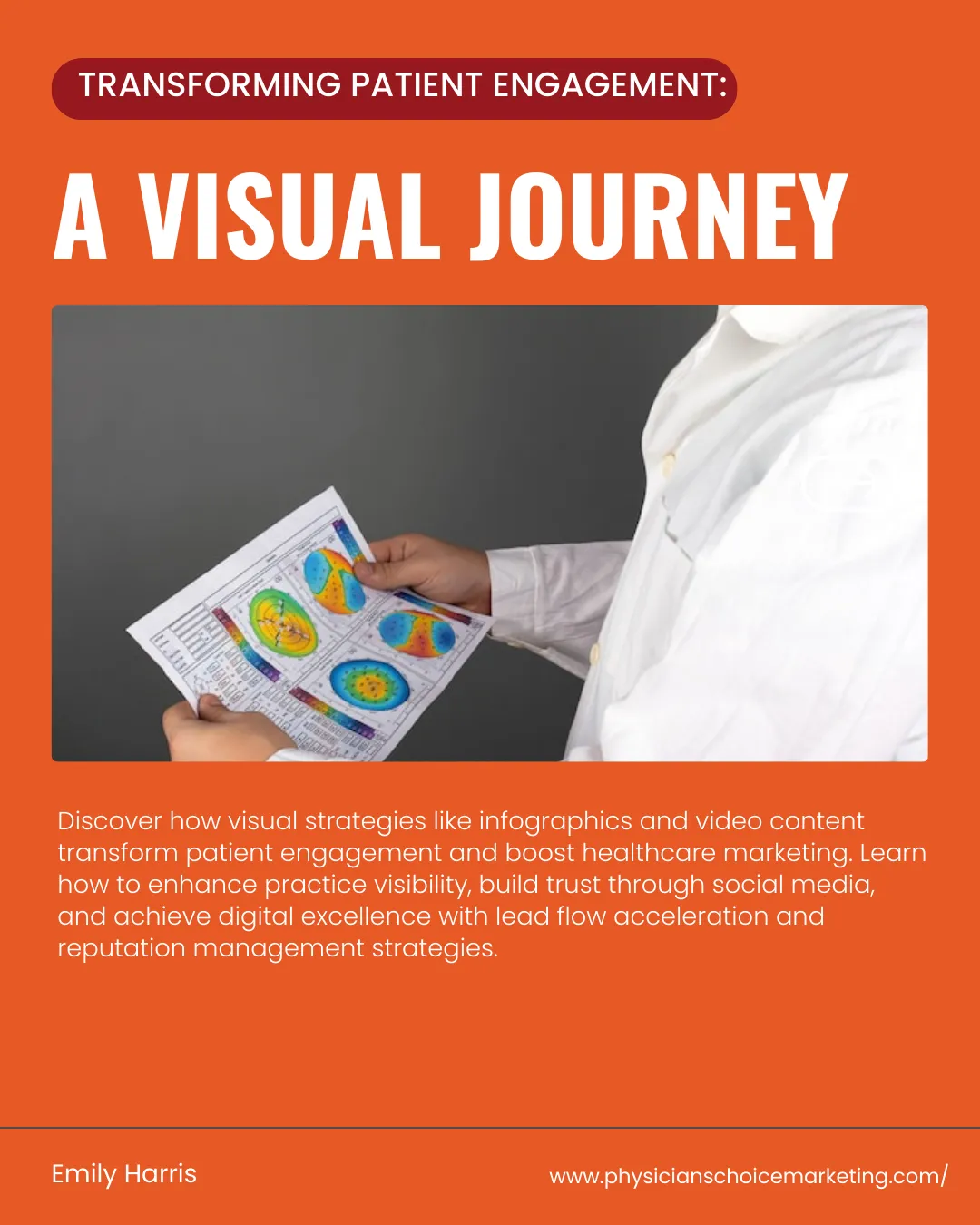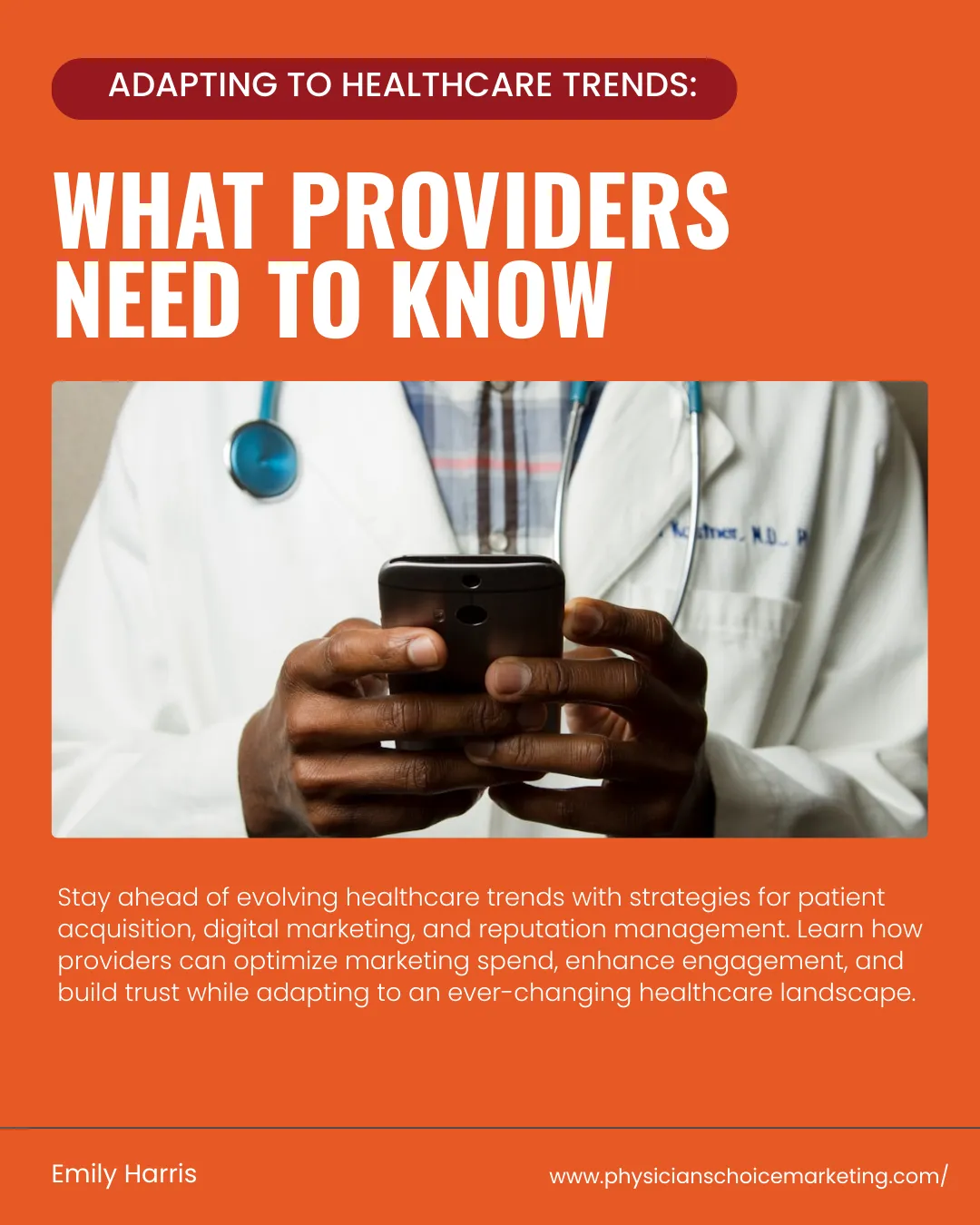Navigating Change: What’s Shaping the Future of Healthcare
As the healthcare sector rapidly evolves, understanding the trends driving this change becomes crucial for growth and patient care. Emerging digital healthcare trends are reshaping how services are delivered, offering both challenges and opportunities for providers. From patient acquisition strategies to the latest in healthcare marketing, staying informed is key to staying ahead. This post will guide healthcare professionals through the essential shifts and offer insights into leveraging these changes for strategic advantage. As trusted advisors in healthcare marketing, we aim to empower you with the knowledge to thrive in this dynamic environment.
Emerging Digital Healthcare Trends

The healthcare sector is experiencing rapid advancements, particularly in digital technologies. These innovations are transforming how care is delivered, making it more accessible and efficient. Understanding these trends is essential for healthcare providers aiming to stay competitive and improve patient outcomes.
Telemedicine's Rising Role
Telemedicine is becoming a cornerstone of modern healthcare. It involves the remote diagnosis and treatment of patients through telecommunications technology. This trend accelerated during the COVID-19 pandemic, highlighting its value in maintaining patient care while reducing infection risks.
A key benefit of telemedicine is its ability to reach patients in remote areas. This expands access to healthcare, especially for those with limited mobility. Telemedicine also reduces the need for in-person visits, saving time for both patients and healthcare providers.
• Convenience: Patients can attend appointments from home.
• Cost-Effectiveness: Reduces travel expenses and time off work.
• Accessibility: Increases access to specialists.
Real-world examples showcase telemedicine's impact. For instance, rural hospitals report decreased emergency room visits by offering virtual consultations. This not only saves costs but also improves patient satisfaction.
AI in Patient Care
Artificial Intelligence (AI) is revolutionizing patient care by enhancing diagnostics and personalizing treatment plans. AI algorithms can quickly analyze complex data sets, identifying patterns that might be missed by human eyes. This leads to more accurate diagnoses and tailored treatment options.
AI tools are being used to predict patient outcomes and streamline clinical workflows. For example, AI can prioritize patient cases based on urgency, ensuring timely interventions. Additionally, AI-powered chatbots are improving patient engagement by providing 24/7 support.
• Improved Diagnostics: AI detects diseases earlier with higher accuracy.
• Personalized Medicine: Tailors treatments to individual patient needs.
• Operational Efficiency: Automates routine tasks, freeing up healthcare professionals for other duties.
Case studies indicate significant improvements in patient care through AI integration. Clinics using AI for diagnostic purposes report shorter wait times and improved health outcomes.
Effective Patient Acquisition Strategies
In a competitive healthcare market, developing effective patient acquisition strategies is crucial. These strategies not only attract new patients but also foster long-term relationships, enhancing patient retention.
Building Trust and Engagement
Building trust with patients is foundational to successful patient acquisition. Trust can be established by consistently providing high-quality care and transparent communication. Engaging with patients through personalized content and follow-ups fosters a sense of connection.
• Patient Education: Offer clear information about services and treatments.
• Feedback Mechanisms: Implement surveys to understand patient needs and preferences.
• Personal Touch: Use personalized messages to engage with patients.
An example of effective engagement is a clinic that sends personalized wellness tips based on patient history. Patients appreciate the tailored advice, reinforcing their trust in the provider.
Leveraging Digital Platforms
Digital platforms are indispensable for reaching new patients. By leveraging online tools, healthcare providers can expand their reach and enhance patient acquisition efforts. Social media, search engine optimization (SEO), and targeted advertisements are effective methods to increase visibility.
1. Social Media Engagement: Share informative content to educate and attract potential patients.
2. SEO Optimization: Use relevant keywords like "healthcare marketing" and "patient acquisition" to enhance online presence.
3. Targeted Ads: Utilize demographic data to reach specific patient groups.
A case study from Physician's Choice Marketing Group demonstrates the power of digital platforms in patient acquisition. They reported a 20% increase in new patient inquiries after launching a targeted online campaign.
The Future of Healthcare Marketing

Healthcare marketing is evolving as digital innovation and patient expectations drive change. Staying informed of these developments is crucial for healthcare providers to effectively promote their services.
Trends in Healthcare Promotion
Current trends in healthcare promotion focus on digital channels and personalized content. Patients today expect healthcare providers to deliver not just quality care but also engaging and informative content. Providers are turning to digital marketing to meet these expectations and reach wider audiences.
• Content Marketing: Share educational articles and blog posts about healthcare topics.
• Video Content: Create engaging videos to explain complex medical procedures.
• Email Campaigns: Use personalized emails to keep patients informed about services.
According to KPMG's insights, healthcare providers that adopt digital marketing strategies see increased patient engagement and better market positioning.
Reputation Management Essentials
Reputation management is vital in healthcare marketing. A provider's reputation can significantly impact patient acquisition and retention. Maintaining a positive image requires proactive efforts to manage online reviews and patient feedback.
1. Monitor Online Reviews: Regularly check platforms like Google and Yelp for patient feedback.
2. Respond Promptly: Address negative reviews to show commitment to patient care.
3. Highlight Positive Feedback: Share testimonials and success stories on digital platforms.
A report from Vizient Inc. underscores the importance of reputation management. Providers with strong reputations attract more patients and build long-term trust.
As healthcare evolves, understanding these trends and strategies will empower providers to navigate changes effectively. For those seeking expert guidance, AJHCS podcasts offer insights into navigating the future of healthcare.
Insights, trends, and strategies to help physicians grow their practice with confidence.

Innovation
Fresh, creative solutions.

Integrity
Honesty and transparency.

Excellence
Top-notch services.

FOLLOW US
COMPANY
CUSTOMER CARE
LEGAL
Copyright 2026. Physicians Choice Marketing Group®. All Rights Reserved.




